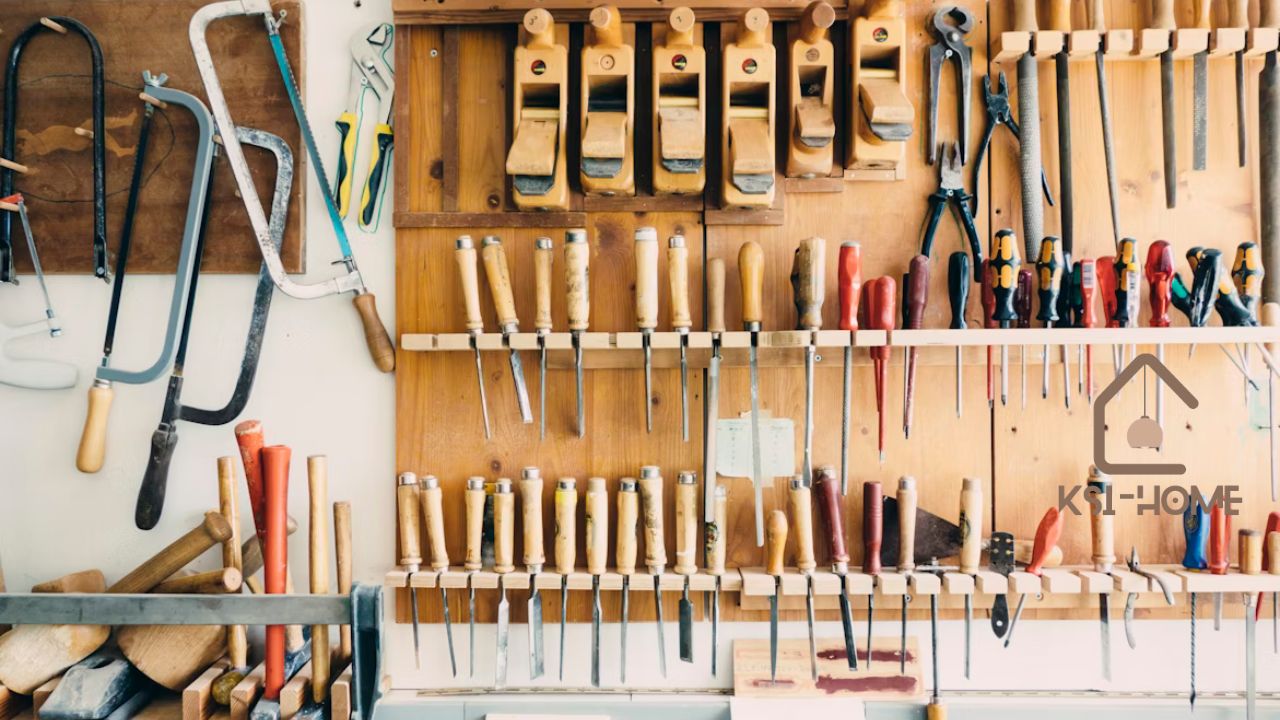The backbone of every successful construction project lies in one key factor—construction tools. Whether you’re a seasoned contractor or a DIY enthusiast, having the right tools can make or break your work. But with so many options on the market, how do you know which tools are worth investing in? This comprehensive guide will walk you through the essentials, helping you make informed decisions that save time, effort, and money.
Summary Table of Popular Construction Tools
| Tool Name | Primary Use | Average Cost | User Ratings ★ |
|---|---|---|---|
| Hammer | Driving nails, light demolition | $10 – $40 | 4.8 ★ on average |
| Cordless Drill | Drilling holes, driving screws | $50 – $200 | 4.7 ★ on Amazon |
| Circular Saw | Cutting wood and metal | $100 – $400 | 4.5 ★ from reviews |
| Level | Ensuring structural alignment | $20 – $80 | 4.6 ★ overall |
| Safety Gear | Protecting from job hazards | $30 – $150 | 4.9 ★ (highly rated) |
This table highlights some of the most commonly used tools, their primary functions, and their price range based on user reviews.
Why Are Construction Tools Essential?
Construction tools aren’t just instruments to get a job done; they’re the gear that ensures jobs are completed efficiently, accurately, and professionally. Imagine assembling a wall frame without a proper level or cutting plywood sheets in uneven lines with a dull saw—it would be disastrous. Here’s a breakdown of why these tools are indispensable:
- Efficiency: The correct tools drastically reduce time spent on tasks. For instance, a nail gun can drive dozens of nails per minute compared to manually hammering each one.
- Safety: Quality safety equipment protects workers from serious injuries.
- Precision: Tools like laser levels guarantee pinpoint accuracy, ensuring structures are aligned.
The Tools Every Beginner Should Own
Starting out? Begin with these essentials to cover most basic construction projects:
- Measuring Tape: A must-have for accurate measurements.
- Claw Hammer: For driving nails and small demolition tasks.
- Screwdrivers (Flathead & Phillips): A basic set will handle most screws.
- Cordless Drill: Versatile and portable for drilling and assembling.
- Pliers: Handy for gripping and bending wires.
- Utility Knife: Perfect for cutting through various materials.
Categories of Construction Tools
Hand Tools
Hand tools are the simplest yet most indispensable construction tools in the trade. For thousands of years, these tools have been used for woodworking, masonry, and metalworking with little to no mechanical input.
Common Hand Tools include:
- Hammers for pounding and prying.
- Wrenches for loosening and tightening bolts.
- Trowels for spreading mortar.
- Levels to ensure perfect alignment.
Power Tools
Power tools are a game-changer. Powered by electricity or batteries, they deliver power and precision that hands simply can’t match.
Top Power Tools:
- Circular Saw: Ideal for straight cuts in wood, metal, or plastic.
- Impact Wrench: Fastens or loosens stubborn bolts effortlessly.
- Angle Grinder: Great for cutting, grinding, or polishing.
- Cordless Drill: A versatile tool for holes and screws.
Real-life Example: A contractor saved eight hours on a decking project by switching to a power saw instead of cutting manually with a handsaw.
Specialized Tools
Some jobs require highly specific equipment designed for niche tasks. These tools often cater to brick masons, electricians, or plumbers.
Examples:
- Brick Tongs: For carrying bricks efficiently.
- Pipe Wrenches: Essential for plumbing tasks.
- Laser Levels: Provides enhanced alignment accuracy for large-scale projects.
Pro Tip: Investing in a high-quality laser level may cost $200 upfront, but it saves the hassle of manual corrections that can rack up thousands in additional expenses.
Real-Life User Reviews and Ratings
Users weigh in on their favorite tools! Below are some insights from construction professionals and DIYers alike:
- Makita Cordless Drill: 4.8 ★
“Best tool I’ve owned—powerful, reliable, and lightweight.” – Jim, Contractor
- Dewalt Circular Saw: 4.7 ★
“A beast for cutting plywood and metal sheets.” – Angela, DIY Enthusiast
- 3M Safety Glasses: 4.9 ★
“Saved my eyes multiple times during work.” – Ahmed, Construction Worker
Genuine testimonials like these showcase the importance of choosing trusted brands when shopping for construction tools.
Hidden Costs of Using Cheap Tools
Buying a knockoff circular saw or hammer may seem like a bargain—until it isn’t. Cheap tools often have shorter lifespans, reducing their overall value.
- Breakage Rates: Low-grade materials break easily under pressure.
- Poor Performance: You may need to redo work, which costs time and materials.
- Safety Hazards: Subpar tools increase your risk of accidents and malfunctions.
Investing in durable, professional-grade tools like Milwaukee or Bosch ensures smoother operations and long-term savings.
FAQs on Construction Tools
1. What are the must-have safety gear for construction?
Every worker should have hard hats, steel-toed boots, safety glasses, earplugs, gloves, and reflective construction signs for identifying danger zones.
2. Can I rent construction tools instead of buying?
Yes! Tool rental services offer a cost-effective alternative for infrequent tasks. Commonly rented items include concrete mixers, jackhammers, and scaffolding.
3. How do I maintain my construction tools?
Regular cleaning, proper use, and storage in a dry location can extend your tools’ lifespan. Power tools may require periodic lubrication and battery checks.
4. Are there apps to calculate construction material needs?
Absolutely! Use online tools like a construction loan calculator to estimate costs for financing materials and labor. Many apps also recommend the tools you’ll need for your project.
Final Thoughts
Construction tools are more than just equipment—they are the backbone of turning raw materials into livable spaces. From basic hand tools to high-tech power-driven machines, each serves a unique role in ensuring efficiency, safety, and precision. By investing in reliable brands and taking care of your equipment, you’re not just saving money in the long term but also creating a safer, more productive work environment.
Admin Recommendation
Laying the Foundation for DIY Home Improvement Success


















